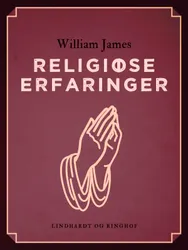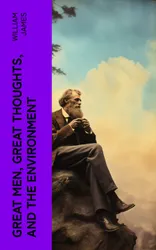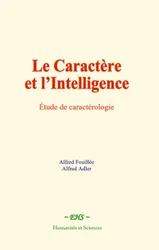The work of William James contributed greatly to the burgeoning fields of psychology, particularly in the areas of education, religion, mysticism and pragmatism. The brother of novelist Henry James and of diarist Alice James, William wrote several powerful essays expressing his ideas on the pragmatic theory of truth, sentience, and human beings' right to believe. In "The Will to Believe", James suggests that what a person holds to be true or attainable may exist through that person's belief in them, regardless of a lack of physical evidence. In a sense, he advocates the theory of self-fulfilling prophesies. "Human Immortality" was a speech delivered during the annual Ingersoll Lectureship, given in memory of George Goldthwait Ingersoll, in 1897 at Harvard University. These works are a prime example of the powerful influence William James has had on modern psychology, and are still recognized today for their brilliance and revolutionary impacts on the field.

La religion comme fait psychologique : Valeur de la vie religieuse
William James, &al.
book
Religiøse erfaringer
William James
book
The Varieties of Religious Experience (Complete Edition)
William James
book
The Varieties of Religious Experience
William James
audiobookbook
The Hidden Self
William James
book
Is Life Worth Living?
William James
book
Great Men, Great Thoughts, and The Environment
William James
book
The Varieties of Religious Experience (Complete Edition) : Exploring the Depths of Spiritual Diversity
William James
book
Psychology: Briefer Course
William James
book
Great Men, Great Thoughts, and The Environment
William James
book
The Varieties of Religious Experience : Exploring the Psychological Depths of Spiritual Beliefs and Experiences
William James
book
Le moi, la conscience et l’attention : Traité de psychologie
William James
book
